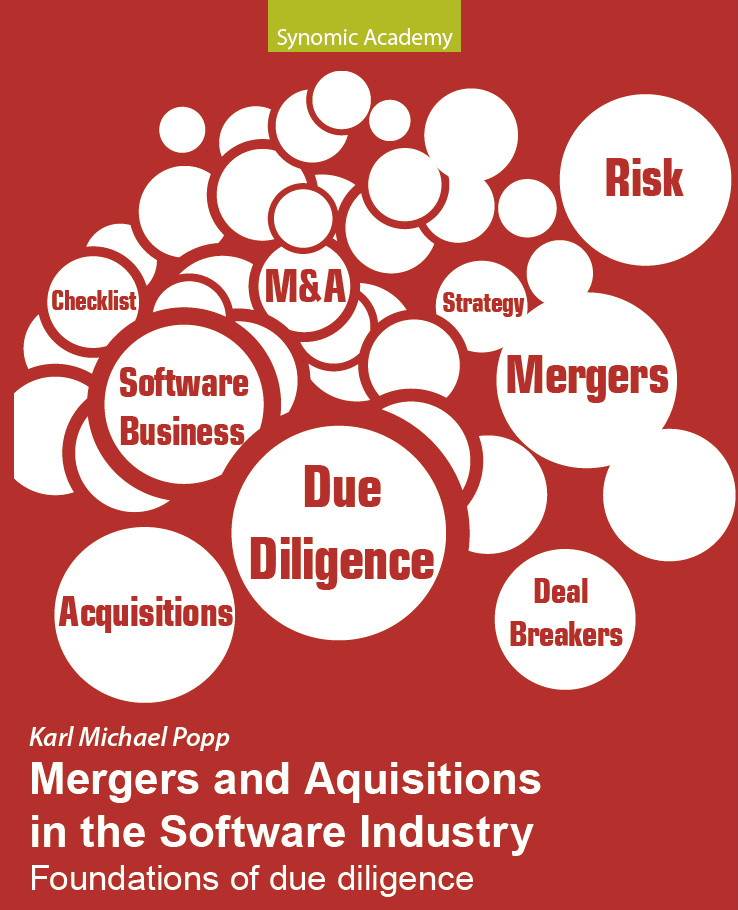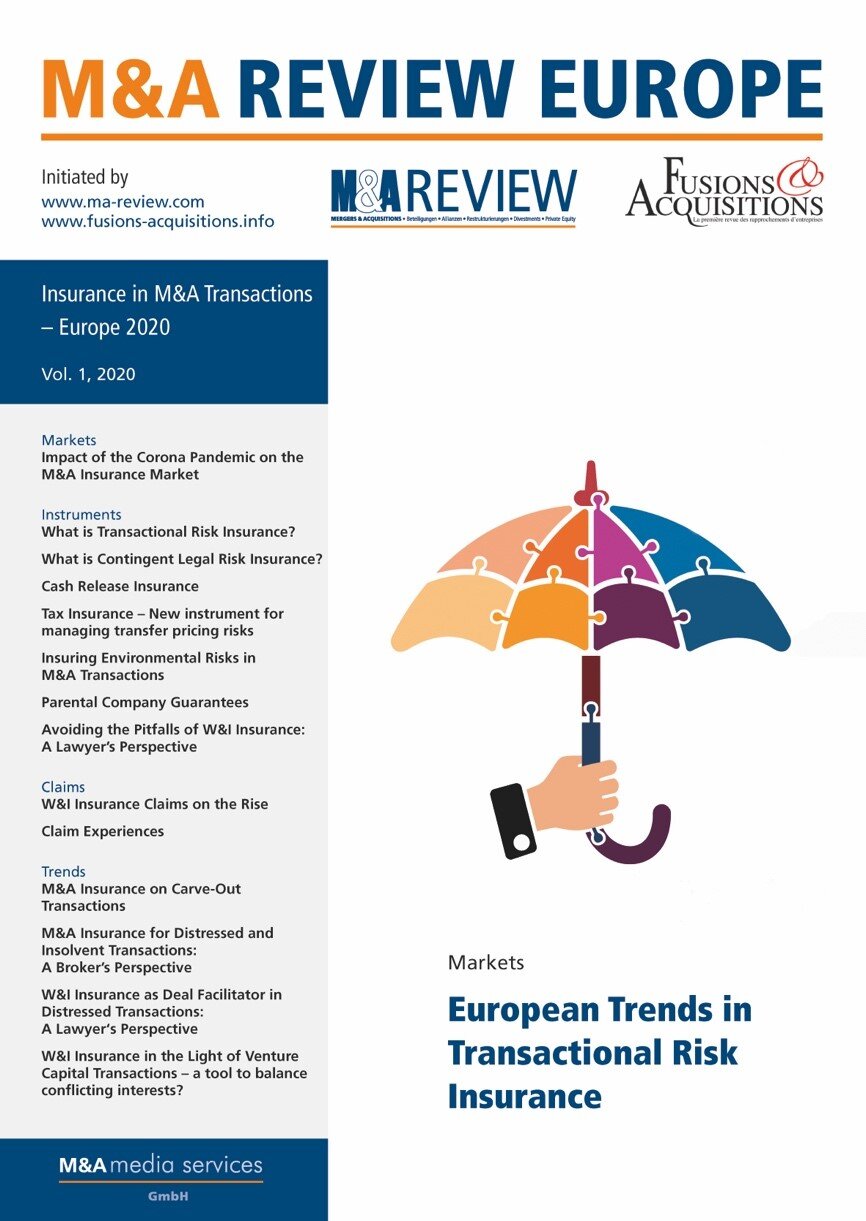Intellectual property (IP) related infringement risks in mergers and acquisitions
This blog is in the Top 25 M&A blogs worldwide according to Feedspot
Here's an overview of intellectual property (IP) related infringement risks in mergers and acquisitions (M&A), along with an examination of how patent analytics can aid in evaluating these risks effectively.
Understanding IP Infringement Risks in M&A
Mergers and acquisitions involve various IP assets such as patents, trademarks, and copyrights. Identifying and managing IP infringement risks is crucial during M&A transactions, as these risks can impact deal valuations and lead to legal conflicts.
Key Infringement Risks
1. Unclear IP Ownership
- Inadequate documentation and uncertain IP ownership can lead to disputes and legal challenges.
2. Existing Infringements
- Acquired companies may have existing IP infringement issues that need resolution prior to finalizing the deal.
3. Licensing Issues
- Complex licensing agreements may restrict the intended use or transferability of IP assets, leading to complications.
4. Third-Party Claims
- The risk of third-party infringement claims can threaten post-acquisition operations.
Evaluating IP Infringement Risks Using Patent Analytics
Patent analytics plays a vital role in assessing infringement risks by providing detailed insights and data-driven evaluations of patents and potential legal challenges.
Methods to Evaluate IP Risks
1. Freedom to Operate (FTO) Analysis
- This involves comprehensive assessments to identify any existing legal barriers that could impact the intended use of IP assets or lead to infringement disputes.
2. Patent Landscape Analysis
- By mapping the patent landscape, businesses can identify overlapping patents and areas prone to disputes.
3. Use of AI and Big Data
- AI tools analyze extensive patent datasets to flag potential infringement risks quickly and accurately.
4. Network Analysis
- Evaluating patent portfolios through network analysis helps identify critical patents and potential infringement areas.
5. Infringement Profiling
- Creating infringement profiles helps visualize risk matrices and measure patent strength and vulnerabilities.
Conclusion
A thorough due diligence process combined with advanced patent analytics can significantly reduce IP infringement risks in M&A deals. By understanding and mitigating these risks, companies can safeguard their investments and ensure a smoother transition in mergers and acquisitions.
Are you interested in IP-based infringement analytics sign up below and we will get back to you.
This relates to my new book “Automation of Mergers and Acquisitions“.









